Interview with SHIHORI
Singer-songwriter SHIHORI discusses her work in the world of anime and J-pop and her new goals since relocating to New York.
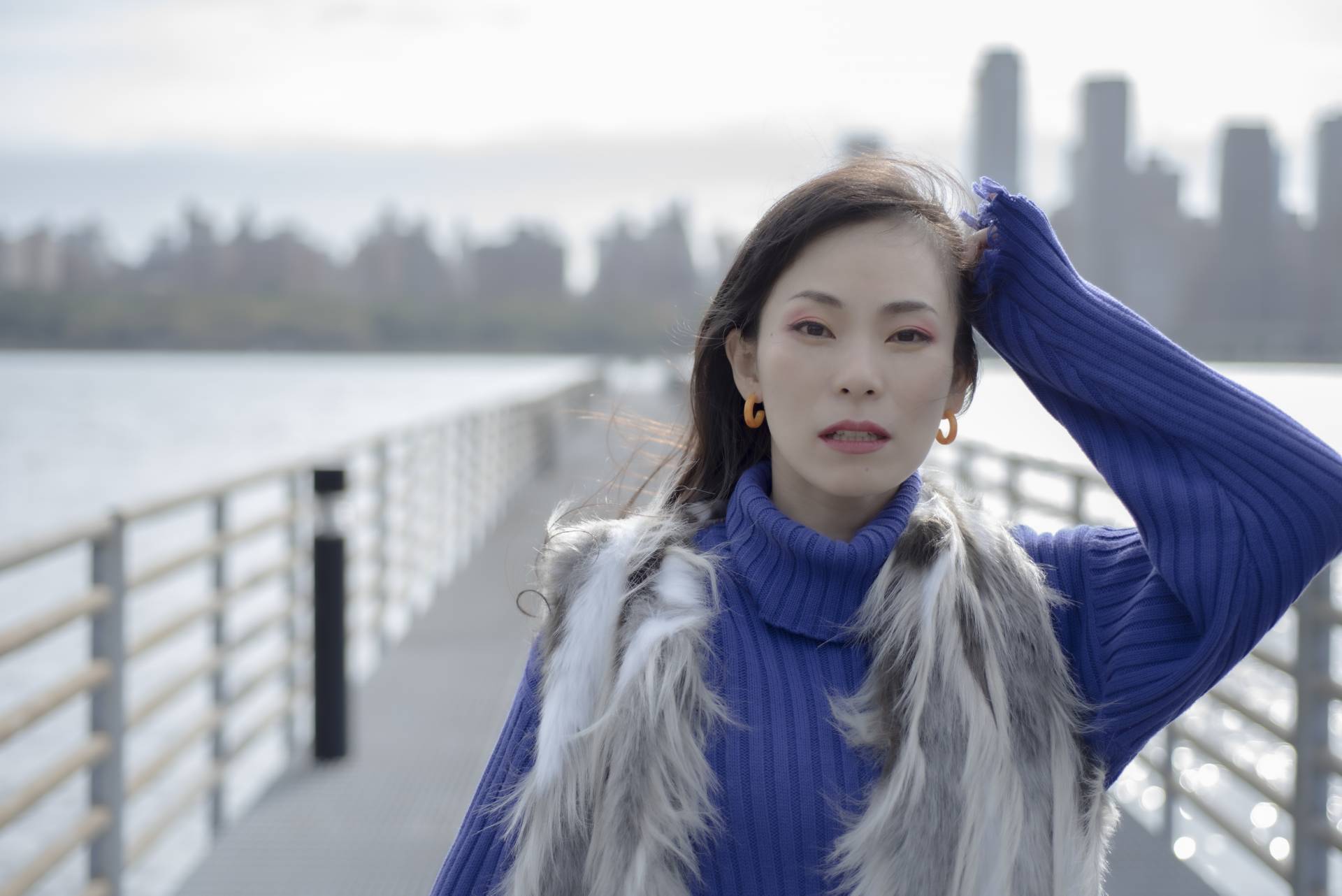
A singer-songwriter who has written music and lyrics for many popular anime series and J-pop artists, SHIHORI just celebrated her 10th anniversary last year. We spoke to her shortly after the release of her self-cover album
SHIHORISM, which just became available digitally worldwide earlier this month, and she shared some insights into her songwriting process, her path through the music industry, and her “Share the American Dream Project”.
What inspired you to start making music?
SHIHORI: When I was seven, I went to a kids' picnic. There were all different grades of kids and some parents on a bus, and it was really like a monkey park. They were enjoying karaoke, which I never joined because I didn’t know any popular
music and I didn’t talk to anyone. I was an Asperger, and I didn’t have any friends. But at the very last part of the bus trip, someone asked me to sing something. I was so shocked that when I sang a song a cappella, everyone on the bus stopped within
a second and was staring at me.
That was the first moment I recognized the outside of my world. Then I started writing songs suddenly. And I sang in front of my mom. I started wishing to become a singer. But I don’t know why I started writing songs. That was very natural
to me.
How did you start writing anime themes? Was it something you always dreamed of doing, or something you stumbled upon unexpectedly?
SHIHORI: Actually, I never dreamed of becoming an anime songwriter until 2006. I had been trying to become a J-pop singer-songwriter. However, I became interested in anime music around that time, because "Haruhi" became a crazy
hit and the anime industry started to become very powerful. I remembered that I used to love anime and I was quite affected by anime songs.
One day, a J-pop composer, Genki Hibino, saw my performance, and he told me that he wanted to introduce me to record labels, but the only label he could connect with at the time was Lantis, which was creating "Haruhi"’s music.
I told him that I was actually rather interested in anime music! A producer from Lantis liked my music, and I got a chance to make a major debut as an anime singer-songwriter in 2007 under my previous stage name, Sena. My
debut song TSUBASA was used as the ending theme song for “Kishintaisen Gigantic Formula”.
I felt a kind of destiny. Around that time, I started submitting songs to competitions. None of my songs were picked out for the first few years, but at the end of 2008, Yoko Kanno chose my lyrics for “Macross Frontier”.
I got concrete confidence through this amazing collaboration with Yoko Kanno, and after that my songs started to be picked out.
Are there any anime series you relate to personally or that you would recommend to overseas fans?
SHIHORI: "Fullmetal Alchemist". I watch it over and over to get empowered and I also had all the comic books, which I read over and over. I took them over to my manager when I moved to the US...
How did you select the songs featured on your self-cover album SHIHORISM? Is there something these tracks have in common?
SHIHORI: Firstly, I chose three anime theme songs, Don’t Think. Feel!!!, Millenario and TSUBASA, which I’ve gotten many requests for covering from fans in America every time I perform at conventions. And
I asked my fans on Twitter to tell me which songs they would want me to cover. The rest of the songs were determined by polls.
Footage of SHIHORI performing TSUBASA and
Don’t Think. Feel!!!
at Tekko 2019 can be viewed below.
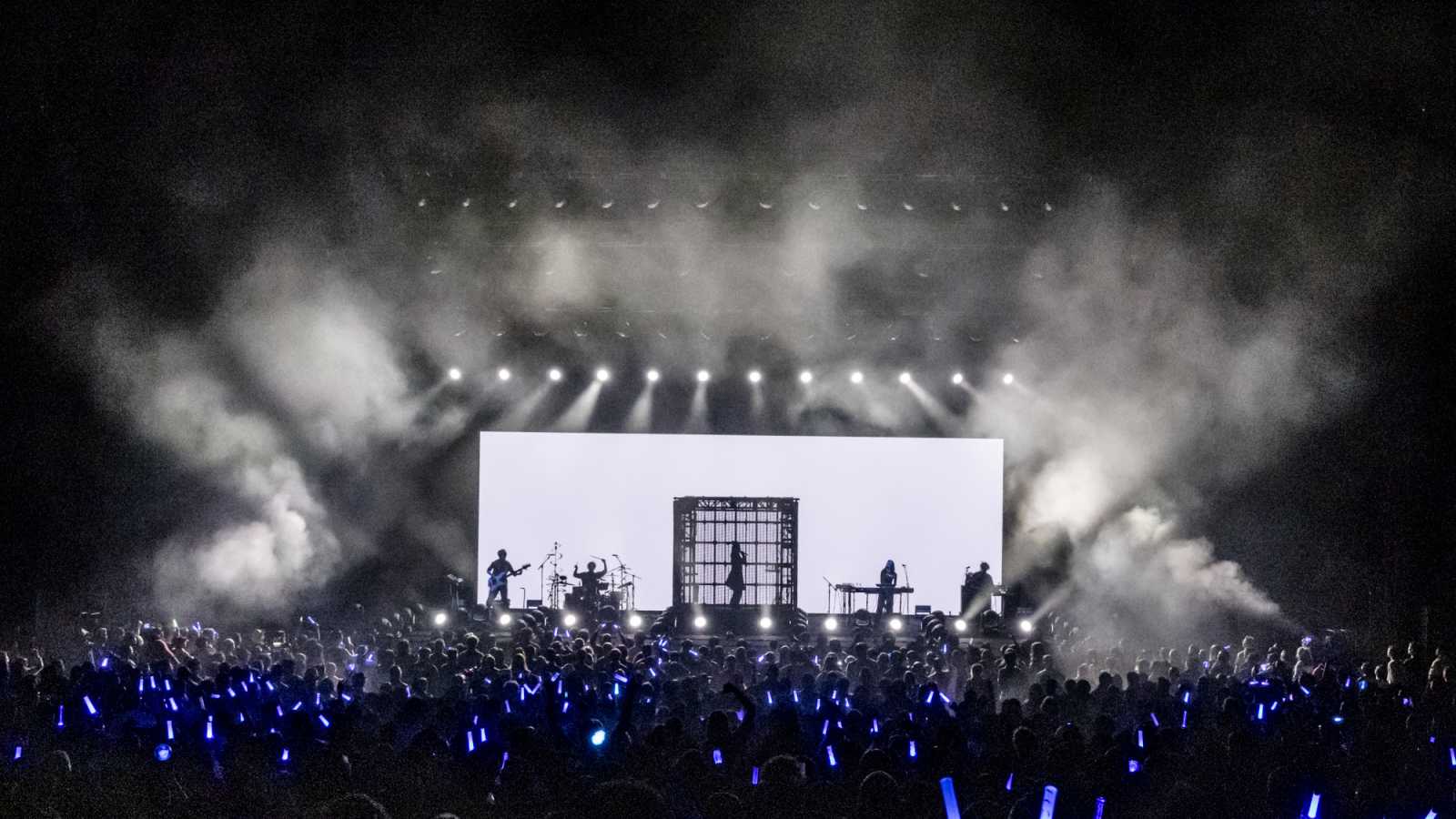
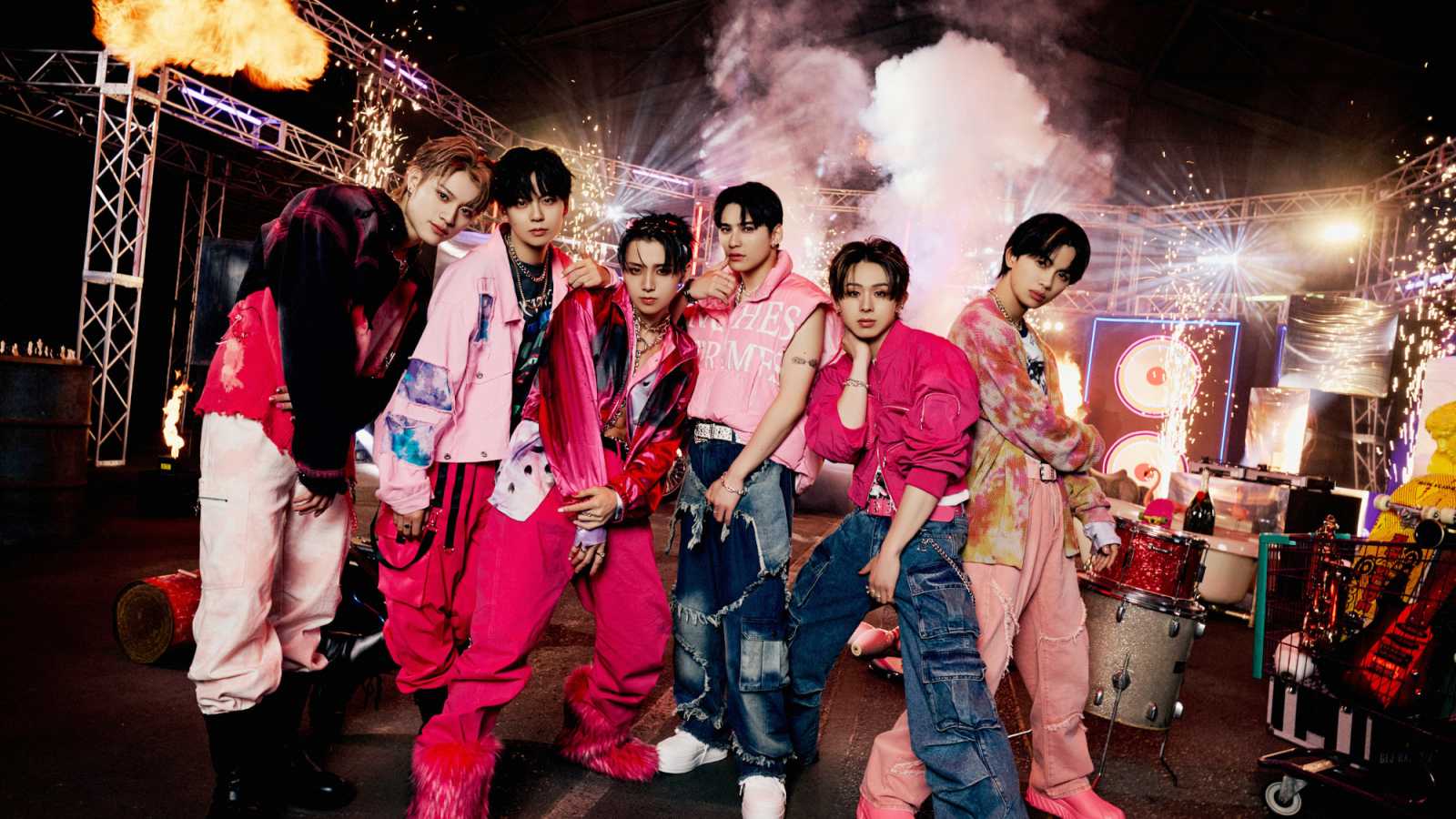
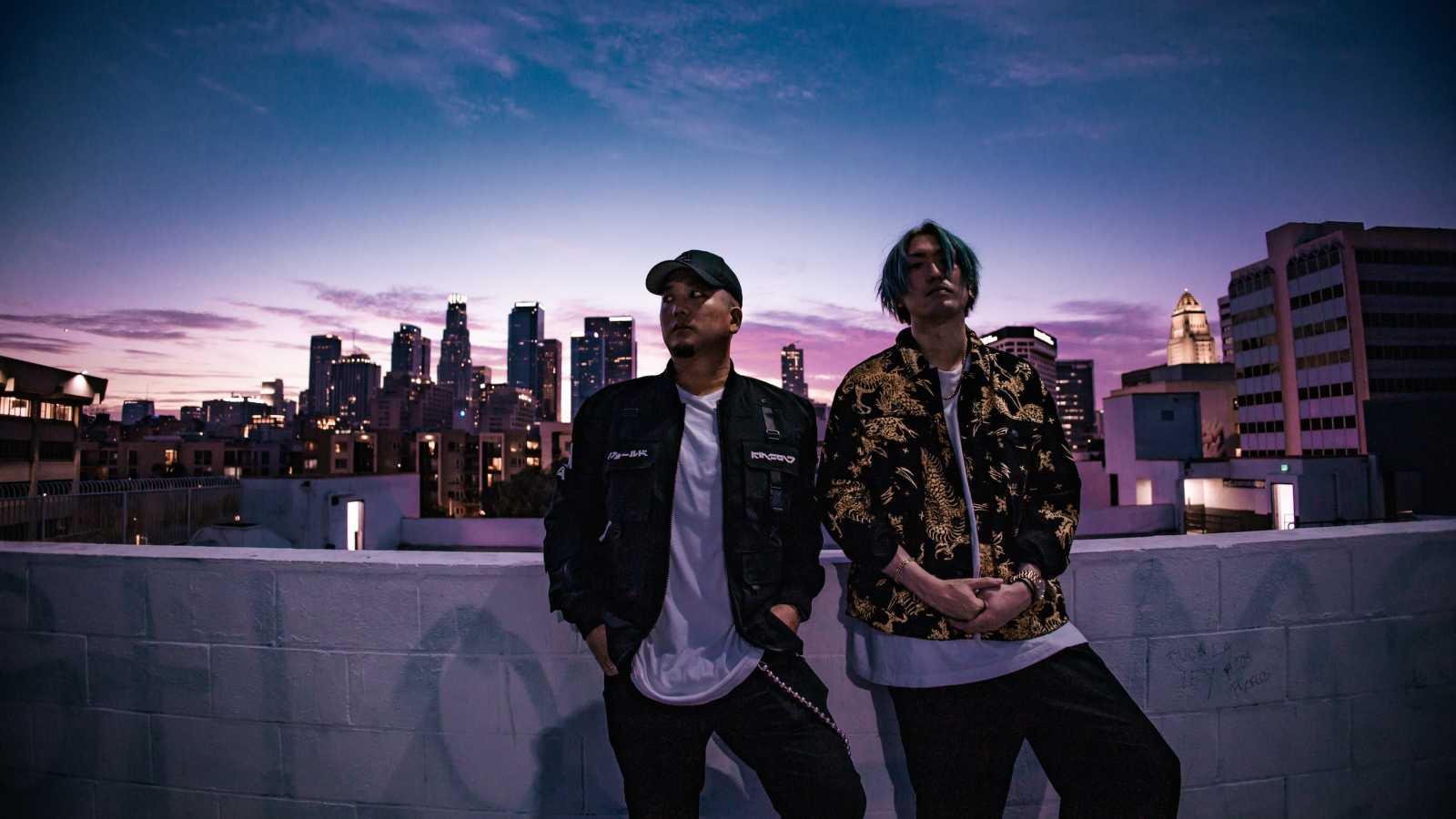
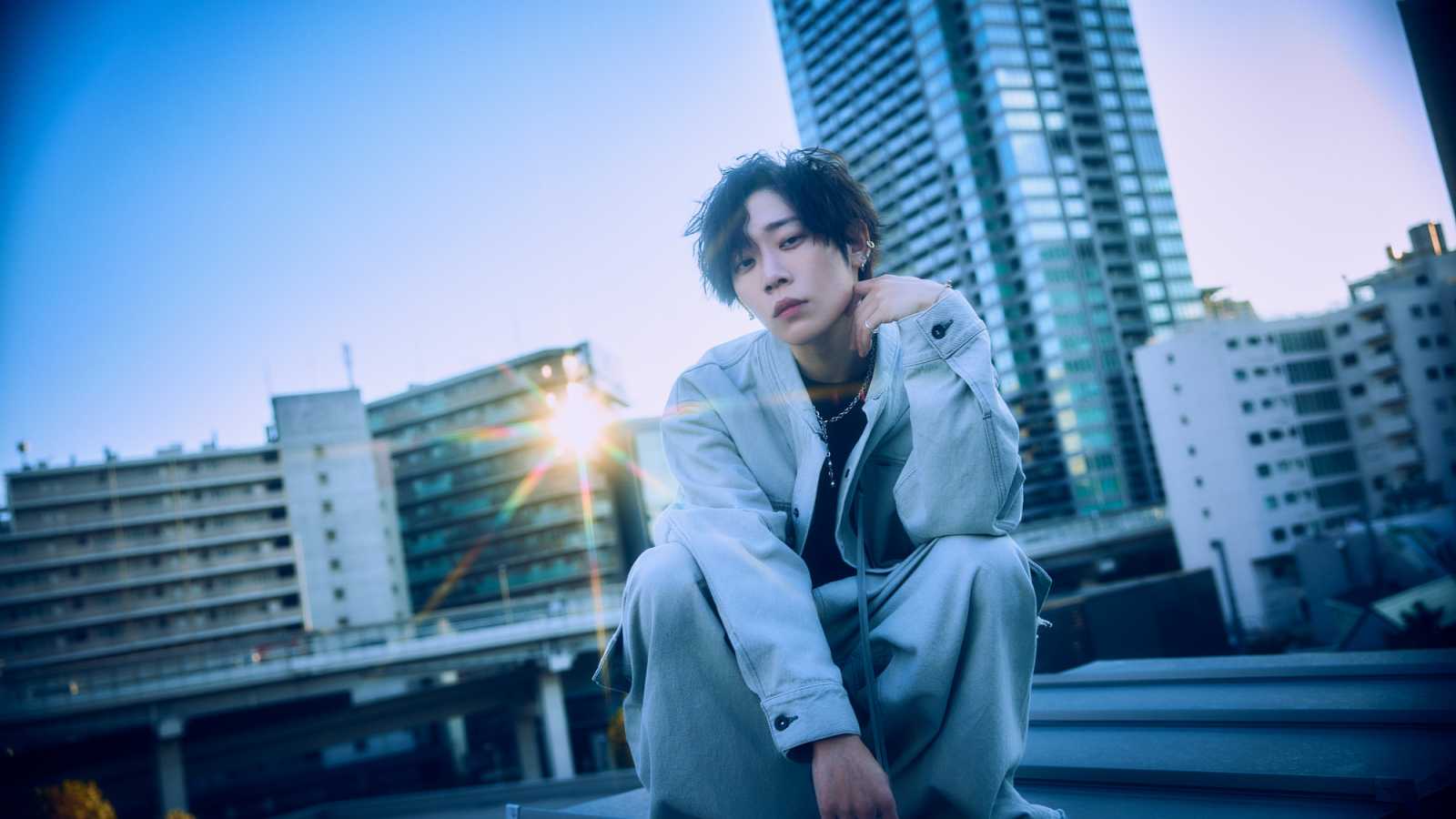
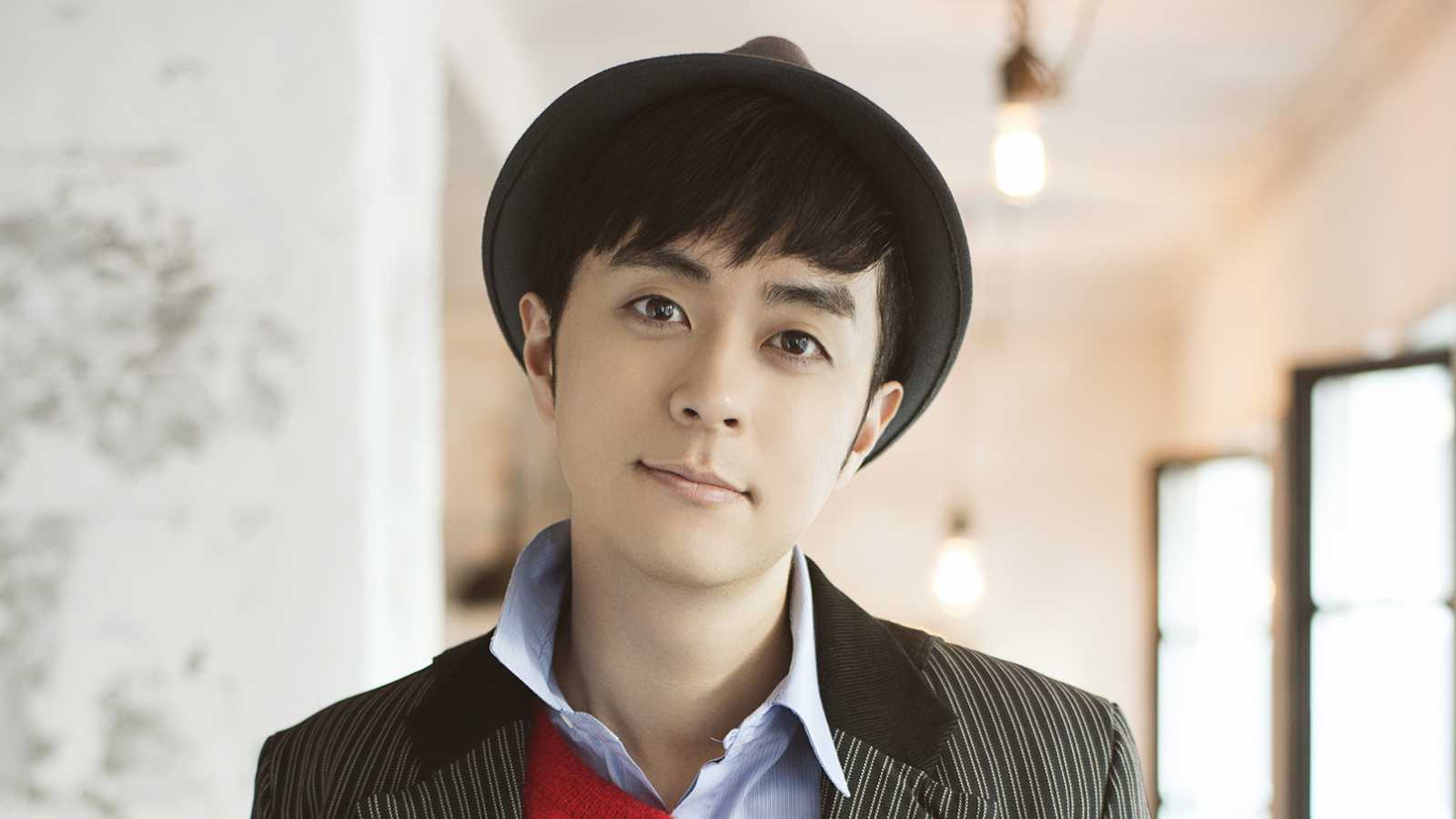
Interview Exclusive
Music creator Hyadain discusses his career, writing songs for anime and idols, travelling and why fans should visit Japan.

Interview Exclusive
Masked creative duo AmPm discuss their 2020 releases, past collaborations and their hopes for the future.

Interview Exclusive
Singer-songwriter SHIHORI discusses her work in the world of anime and J-pop and her new goals since relocating to New York.
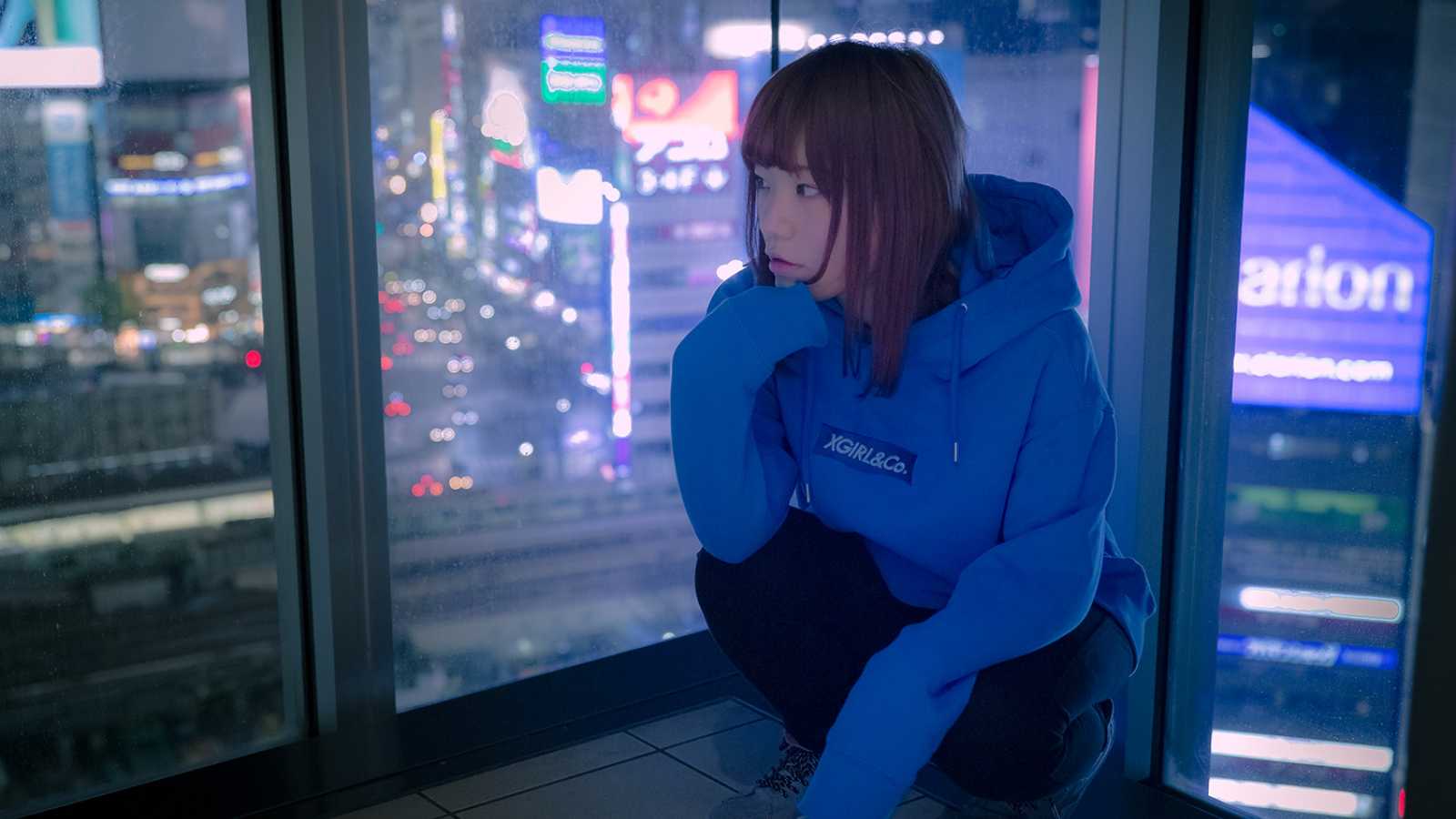
Interview
Learn more about YUC'e!
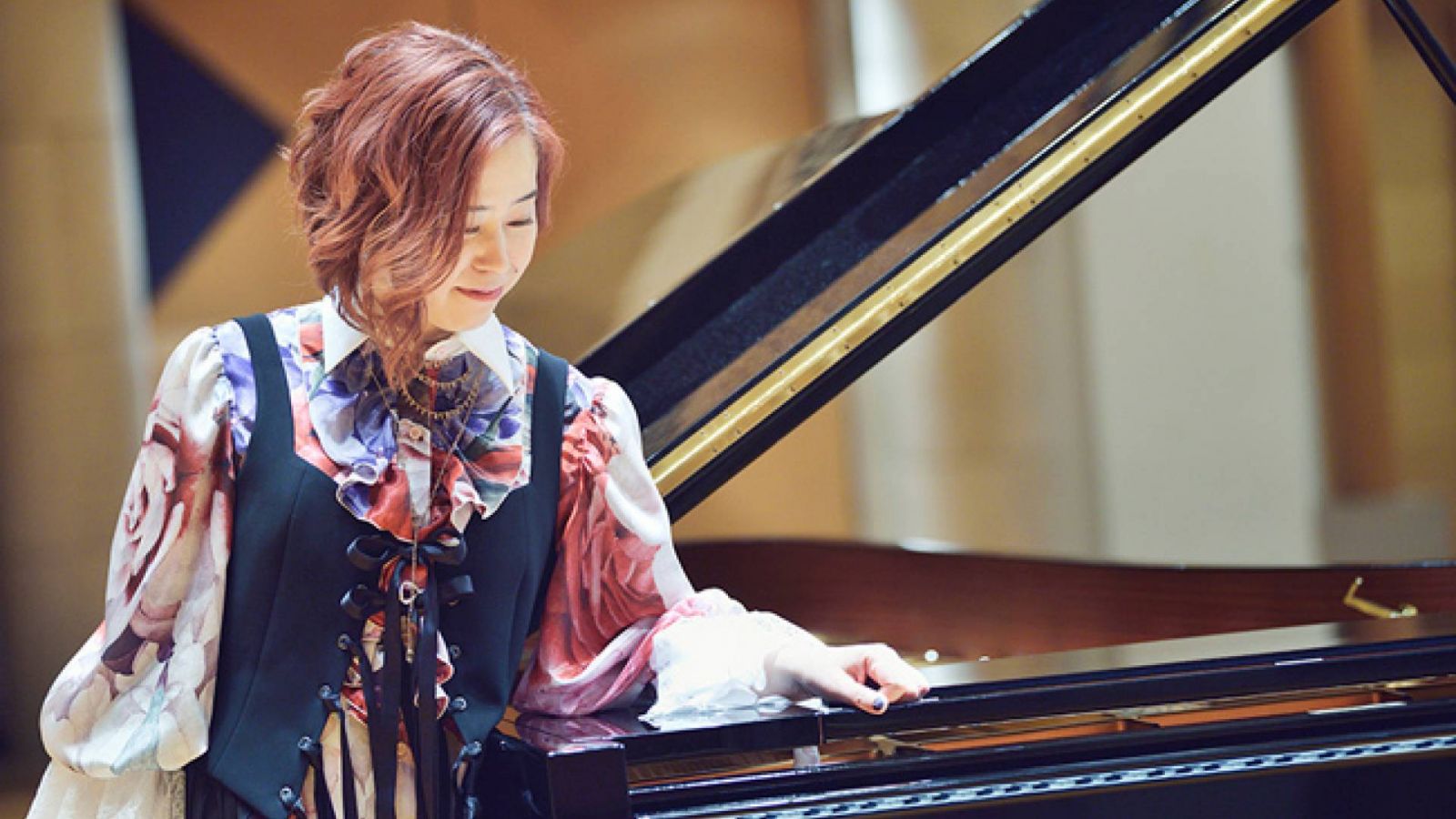
Interview
Legendary music composer Yuki Kajiura talks about the creative process for her renowned anime scores, future projects and more.
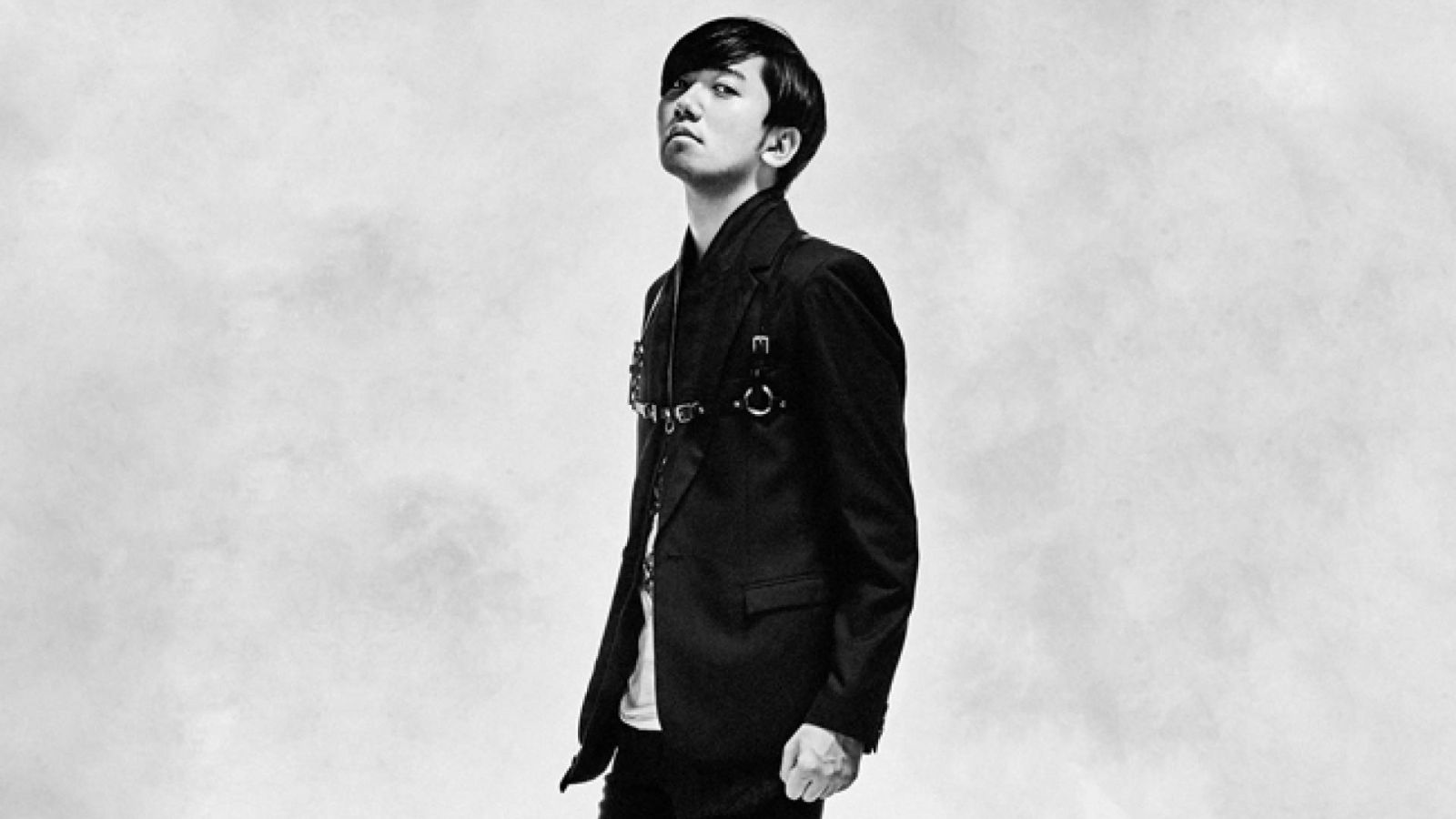
Interview
What do the inverted pyramids on TeddyLoid's "SILENT PLANET" series symbolize?
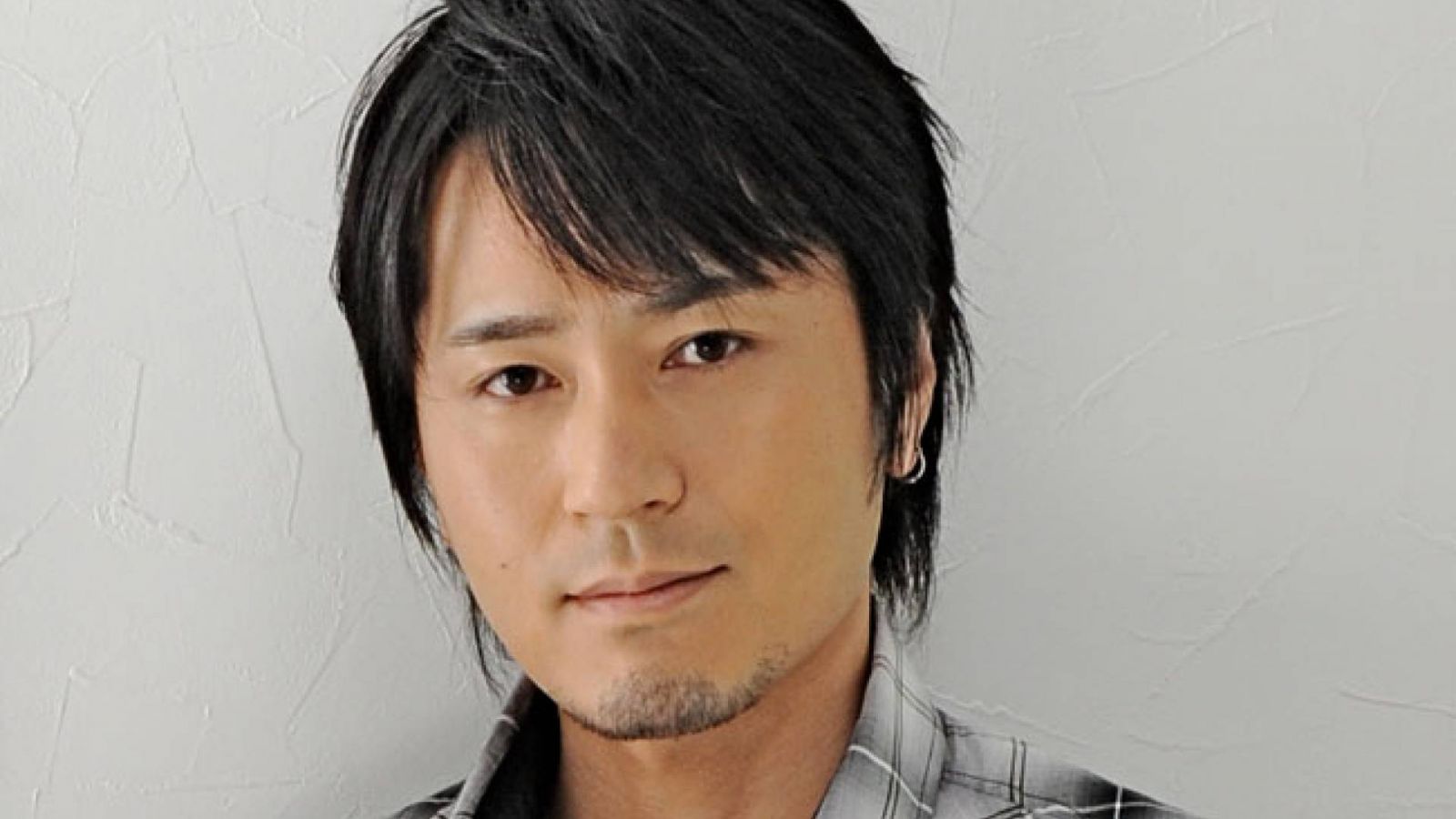
Interview
Video game composer Shibata Tetsuya, the man behind the soundtracks of Devil May Cry, Monster Hunter, and Resident Evil: Outbreak, speaks to JaME about his career.